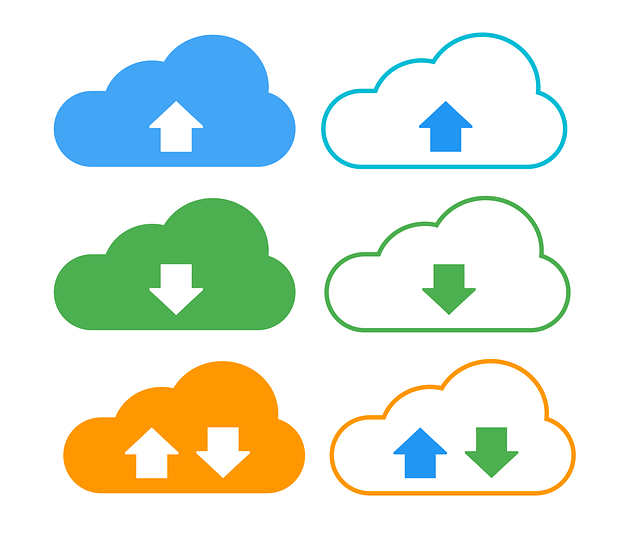Most businesses are going digital, and the hosting sector is now offering cloud server options to put their data on the most appropriate server for their purposes. However, to choose between two popular hosting options, it’s vital to understand the fundamental differences between cloud and dedicated servers.
What is a cloud server?
A cloud server’s primary function is storage, and it’s usually a high-capacity virtual IT system that may house data, apps, information, and other aspects. You can also use a physical infrastructure with virtual computers. A cloud server is constructed using cloud technology software that divides or bifurcates a physical server into multiple levels, each serving as a virtual server. The popularity of this technology is such that in contemporary times you can find some of the best cloud computing courses on the internet with a quick search.
What is a dedicated server?
A dedicated server is an external physical server that does not employ virtualization technologies such as hypervisors. The server hardware and technology constitute the foundation for all computation and storage operations. Major companies and corporations use dedicated servers because they can give a high level of security. Most dedicated server providers use privately run data centers or colocation facilities to house their servers.
The difference between a Cloud server and vs Dedicated server
Performance
For a consumer looking for quick information processing and retrieval, dedicated servers are generally the best option. This is because dedicated servers analyze data privately and do not face significant delays when carrying out tasks. This is especially crucial for clients who place a premium on quickness.
For users to access data on cloud servers, processing must pass through the SAN, which might impede overall efficiency. Furthermore, the query must pass through the hypervisor, and this additional processing can result in a delay that you cannot minimize.
Management
The dedicated server owner has complete control over the server and can manage it as needed. Complete knowledge of the dedicated server is required for monitoring and upkeep, even though users have total control of the server, which may be tedious.
On the other hand, Cloud servers are significantly easier to operate and manage. Customers can set up alerts and alerts for independent units such as compute, memory, and network performance using various tools provided by the service providers.
Cost factor
Dedicated servers are more expensive because you have to spend on specific resources. Professional knowledge and high-level resources are necessary to handle them, and small businesses cannot afford to use a dedicated server.
On the other hand, the cloud server saves money since you only spend on the space and services that you use. The provider handles all the technical aspects of server operation.
Scalability
The actual hardware on the server is restricted to the available arrays or drive bays. Performing a hot swap to scale is a little more difficult, and dedicated servers also necessitate considerable time and effort to swap CPUs without causing disruption or upkeep.
This is where the cloud server shines as they are incredibly adaptable; you may change anything, including resources and space, depending on your needs.
Conclusion
These platforms have their advantages and disadvantages. You must confirm that they complement operating procedures, be scalable, and are cost-effective. These factors are crucial when deciding between a cloud or dedicated server solution.
The ease and convenience offered by cloud computing services have contributed to their rising popularity and adoption. You learn cloud computing through a cloud computing programme, offered by platforms like Great Learning. They offer various courses addressing your needs at different levels.
